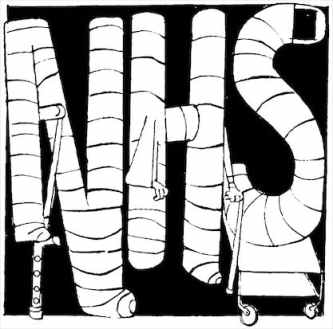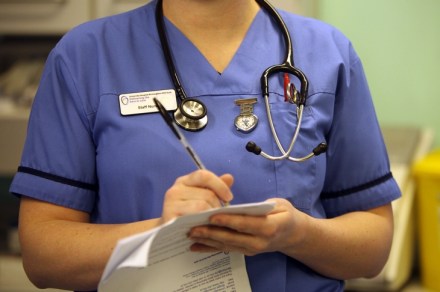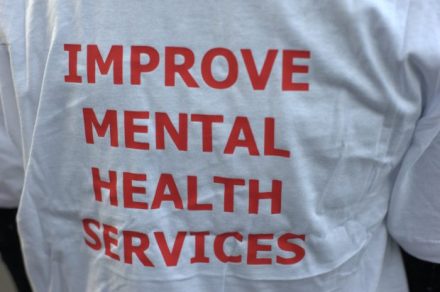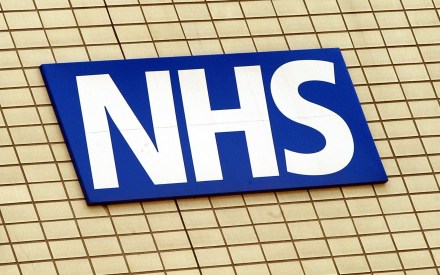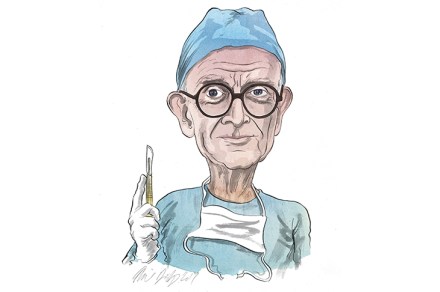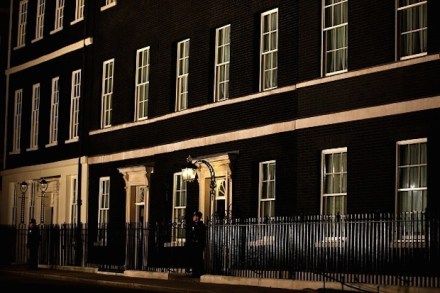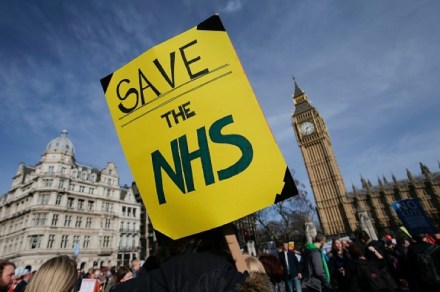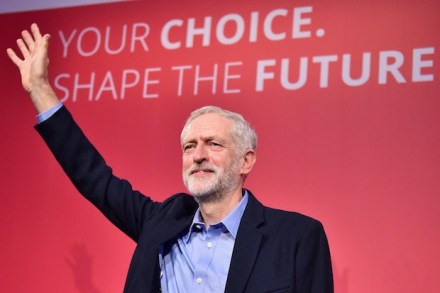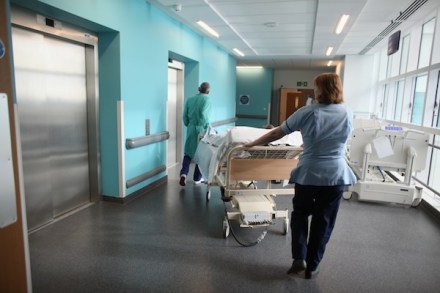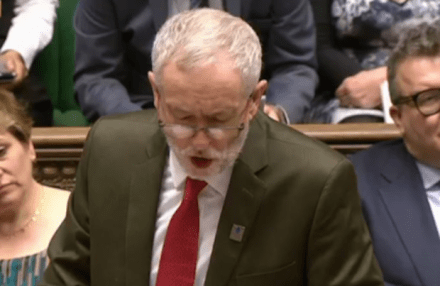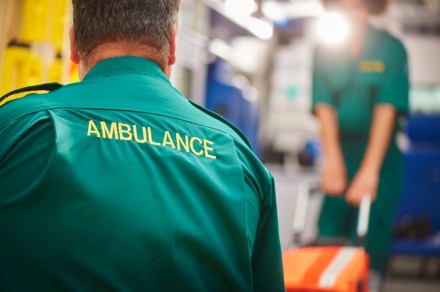Beyond the stethoscope: transforming the NHS with new technology
For technology manufacturers, healthcare is already big business, and, with an ageing population increasingly comfortable with technologies that would’ve been unthinkable even a decade ago, the opportunities to innovate are only going to increase. The Future Health Index, a global report commissioned by Philips, supports the fact that it is not just the UK’s younger generation that are embracing these technologies. However are these products – from popular or trendy FitBits to state-of-the-art imaging equipment – really going to revolutionise the country’s medical care? And will the NHS require a head to toe change of ethos to accommodate them? Spectator editor Fraser Nelson is joined to discuss all this by




